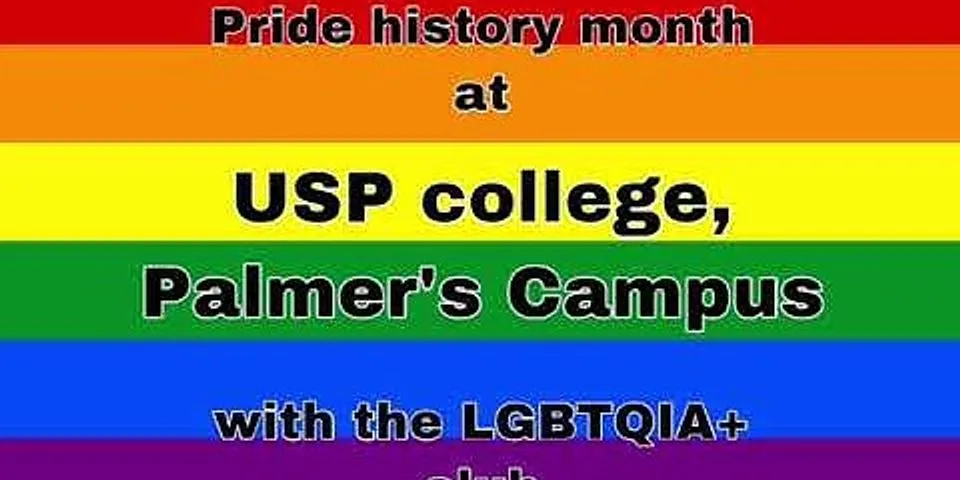Avoid abbreviations and acronyms to the greatest extent practical. Always identify programs, organizations and associations by their full names in the first reference, and on the Web, that means on every page. Show Use words (the committee, association, office, center, institute, program) instead of the abbreviation. Widely recognized abbreviations, such as ACT for American College Test and NCAA for National Collegiate Athletic Association, may be used without introducing the full name, provided the initials are more widely known than the name and the initials are used in context. (What is the median ACT score for the class? The Broncos are making their fifth trip to the NCAA tournament.) Abbreviations for laws (FERPA, HIPAA) and financial aid programs (FAFSA) may be used, but only after the full name has been introduced, and on the web, that means on every page. Do include the
abbreviation in parentheses after the full name. In general, use periods with two-letter abbreviations (U.S.). Do not use periods with abbreviations of three or more letters (WMU, USA). Always use periods with abbreviations for academic degrees, except MBA. WMU offices, departments and programsMost abbreviations for WMU offices, departments and programs are homemade, unknown outside our University and unfamiliar to many or most of our own students, alumni, faculty and staff. Don't use them. Go to abbreviations.com and search the abbreviation "OT." Out of 92 listings for "OT," four of the top five results will be occupational therapy. HHS for health and human services, HR for human resources, and IT for information technology produce similar results. Abbreviations used for most of our offices, departments and programs return no results. Instead of HIGE Instead of OSE Instead of ORI Abbreviations for Western Michigan UniversityAcceptable abbreviations may be used, but only after the full name Western Michigan University has been introduced on first or second reference. On the Web, the full name should appear in the body text of as many pages as practical. Do not use the nickname Bronco(s) as a general reference to the University in contexts such as Bronco course offerings or Bronco commencement. Do not refer to WMU as "the brown and gold." Acceptable: WMU, the University, Western and Western Michigan Abbreviations for academic degreesThe following are the correct abbreviations for many of the degrees offered by WMU, past and present. This is not a complete list of degrees offered.
Summing UpJobs shape us in many ways, according to respondents to this month's column. For example, Sue Stewart said that "…we become our jobs." Charlie Cullinane went further, saying that "Not only do we become our jobs while doing them but we keep many of these traits even when retired." This led Illysa to comment, "One more reason we must choose not only our careers but our work places carefully: who do we want to become?" Heidi Olson wondered "if the change in hormones when gaining power is responsible for some of the overly confident and unbelievably nervy things some CEOs and dictators do once in power." Others were more nuanced in their conclusions. For example, Ajay Kumar Gupta wondered whether the research linking jobs to changes in hormonal balance relates only to those who "fit in" as opposed to "standing out" in a new job. In other words, is there a self-selection bias in studies of the effects of job on a person's chemical makeup? As Stephanie Smith put it, "Perhaps it's a case of … either the hormones and natural adaptability of the person come into play and they change to fit the job, or they cannot and (people who experience no hormonal change and cannot adapt) leave or are forced out." While ignoring the question of chemical change, dependencies that were posed by several respondents may suggest opportunities for future research. For example, Bill Milnor opined that the "extent … (to which) the job makes the person … (might be related) to the degree of alignment in values between the person and the organizational culture." Dinesh Kaushal suggested that "relative position also changes the way people behave" toward one another. Paul Nicholas commented that we are "shaped" by many things—colleagues and friends, homes, climate, culture, and even our machines and gadgets—as well as our jobs. As he put it, "We are the product of a set of genes and their interaction with a myriad of external influences." The suggestion was that there are many things to control for in the ongoing exploration of changes in our chemical makeup on the job. Comments by others raised the question of whether our hormonal makeup might actually change on and off the job. Joe Waser said, "I have come across several situations where a person was one character at work and a totally different personality in his/her private environment." Yedendra Chouksey pointed out that "what is beyond doubt is that the job and the job holder are interdependent … the job provides the opening for power but the canvas of operations is determined by the power perception of the job incumbent." As Phil Clark put it, "This is similar to the 'chicken or the egg' type of discussion." Don Robertson reminded us that "it is clear that many factors come into play when you start to analyze human behavior." How do our jobs shape our chemistry and behavior? What do you think? Original ArticleWe've supposed for a long time that certain behaviors foster relationships that can determine success or failure. Now improved technologies (such as brain imaging) combined with imaginative research are producing new insights into how people perceive and influence one another. It is leading to advice and training designed to change behaviors that influence perceptions and possibly even increase job opportunities and on-the-job success. The work of Amy Cuddy, a social psychologist on the HBS faculty, and her colleagues has produced some of the most intriguing results. This research concludes that by far the strongest influences that we have on one another result from a person's perceived warmth and competence. These two dimensions help us understand how we think about and act toward others. Some conclusions are that:
In work described in a September HBS Working Knowledge column, Cuddy and her fellow researchers also analyzed the effects of behaviors—expressions, body language, postures, the degree of assertiveness, etc.—on perceptions of competence and warmth. Expansive postures ("power posing") and confident behaviors, for example, convey perceptions of competence. This work can provide the basis for coaching people in how to behave. Meanwhile Joshua Ackerman and his coresearchers are concentrating on the effects of touch (with origins in the womb) and surroundings on behaviors. For example, they conclude that, among other things, a person's comfort affects negotiating behaviors. If you want to drive a hard bargain, sit on a hard chair, while making your counterpart very comfortable. In short, control your surroundings and behaviors. But perhaps most interesting of all, Cuddy's team has found evidence that the act of assuming power affects hormones. It raises levels of testosterone (associated with power and dominance) and reduces levels of cortisol (denoting stress) in ways that resemble people already in positions of power. In short, it raises the possibility that behaviors can be influenced through a change in jobs that changes body chemistry. Presumably, the effect varies with individuals. If this research continues to produce such insights, is it more than a short step to conclude that we can give people tests that predict the degree to which an individual's behaviors may be affected by a job change? To what extent does the job make the person rather than vice-versa? Can it be predicted? If so, what does this mean for management recruiting and development in the future? What do you think? References: Joshua M. Ackerman, Christopher C. Nocera, and John A. Bargh, "Incidental Haptic Sensations Influence Social Judgements and Decisions," Science, 2010. Amy Cuddy, "Just Because I'm Nice, Don't Assume I'm Dumb," Harvard Business Review, February, 2009, p. __. Amy J. C. Cuddy, Susan T. Fiske, and Peter Glick, "Warmth and Competence as Universal Dimensions of Social Perception: The Stereotype Content Model and the BIAS Map," Advances in Experimental Social Psychology, 40 ( 2008), pp. 61- 149. Julia Hanna, "Power Posing: Fake It Until You Make It," HBS Working Knowledge, September 20, 2010. Craig Lambert, "The Psyche on Automatic," Harvard Magazine, November- December, 2010, pp. 48-52. What are the degree abbreviations?Academic Degrees. What is degree name?Degree title means a full designation of the degree including level (e.g., bachelor, master), type (e.g., arts, applied science, science, education, fine arts), and major (e.g., mathematics, music, history).
What is the best degree to do?
How do you write Bachelor's degree in short form?An MA. A Bachelor of Arts. A bachelor's degree. A BA.
|




















